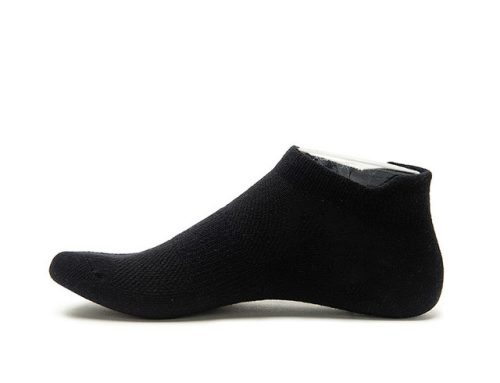The choice between using a SOCKS proxy and an HTTP proxy depends on your specific needs and the type of online activities you plan to engage in. Both types of proxies serve different purposes and have distinct features:
SOCKS Proxy:
- Versatility: SOCKS (Socket Secure) proxies are more versatile than HTTP proxies. They can handle various types of traffic, including TCP, UDP, and other protocols. This makes them suitable for a wide range of applications, including email, instant messaging, and online gaming.
- Anonymous Traffic: SOCKS proxies can offer a higher level of anonymity because they can relay more types of traffic, including DNS requests. This can help in masking your identity online.
- No Caching: SOCKS proxies typically do not cache data, which means they can be useful for real-time applications or situations where caching is not desirable.
- More Configurable: SOCKS proxies can often be configured to route specific applications or traffic through the proxy, allowing for more fine-grained control over which data is sent through the proxy.
HTTP Proxy:
- Web Browsing: HTTP proxies are specifically designed for web browsing. They work well for accessing websites and downloading web content.
- Caching: HTTP proxies often have caching capabilities, which can improve performance by storing frequently accessed web content locally. This can lead to faster page loads for subsequent requests.
- Simplicity: HTTP proxies are simpler to set up for basic web browsing. They are commonly used for accessing websites anonymously and bypassing content restrictions.
- Limited to Web Traffic: HTTP proxies primarily handle web traffic (HTTP and HTTPS). They might not be suitable for applications that require other protocols, such as online gaming or certain messaging apps.
Which One to Choose:
- If you need general online anonymity and versatility: If you want anonymity for various online activities beyond just web browsing, and if you need to use applications that use protocols other than HTTP, a SOCKS proxy might be a better choice.
- If you’re focused on web browsing: If your primary concern is accessing websites anonymously and bypassing web content restrictions, an HTTP proxy should suffice.
- If you need simplicity and caching: If you want a straightforward solution for web browsing that includes caching to improve performance, an HTTP proxy is a suitable option.
In some cases, you might even choose to use both types of proxies together, routing different types of traffic through each to take advantage of their respective strengths. Ultimately, your choice will depend on your specific requirements and the activities you intend to perform while using the proxy.







